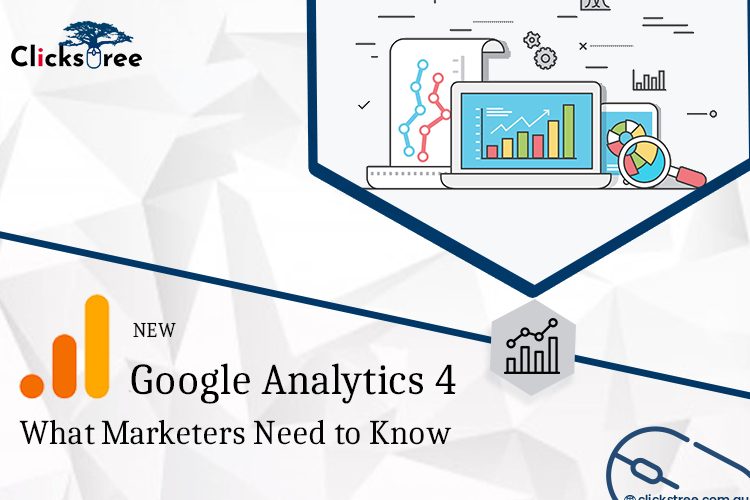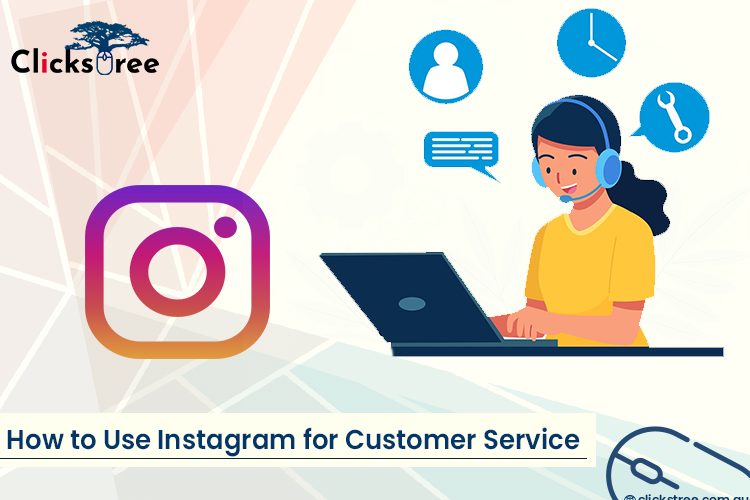
Coronavirus has stunned the world and made the economies turn. It was late-2019 when the infection initially showed up in the Chinese city of Wuhan. At first, it just influenced China, yet its belongings are presently looked about the globe, with numerous nations in lockdown.
Numerous organizations are battling to endure, and marketing will be a fundamental piece of their recuperation. We have just given a progression of marketing tips that will help numerous organizations get better around the world in the Coronavirus emergency.
In any case, exactly how huge an impact will the infection have on sales and marketing? We as of late overviewed 237 brands to perceive how they are adapting to the emergency. Additionally, we have scoured the Net and discovered a wide scope of other Coronavirus-related marketing and sales insights. The general pattern from our review was one of extraordinary concern, yet the acknowledgment that the emergency will influence a few businesses undeniably more than others. Organizations considered fundamental are battling to fulfill needs right now. Service and luxury related firms are in a more unsafe position. Furthermore, organizations that have not stayed aware of the occasions, for instance, “old media ” are in the most hazardous circumstances of all. For instance, magazine distributors have just reassessed critical and long-running distributions. We present the consequences of our study, alongside different inferences beneath.
Estimate Search Ad Spending Now Expected to Exceed Pre-Pandemic Predictions by 2022
Before the COVID-19 pandemic, eMarketer anticipated that search advertisement finance would ascend by 14.4% in 2020. In reality, they proposed there would be a consistent ascent in search advertising spending through to in any event 2024. Obviously, in the beginning of the Coronavirus, with lockdowns across the world and internet shopping was not at this point typical, there was a drop in web based shopping searches, especially in the movement area.
Online Sales Jumped 15.1% on Cyber Monday 2020, But This Was Less Than Expected
Results for Cyber Monday 2020 can best be depicted as blended. Buyers spent a record $10.8 billion online on Cyber Monday, making it the biggest shopping day throughout the entire existence of U.S. Online business.
Nonetheless, on par with this sound, computerized deals expanded simply 15.1% year over year from $9.4 billion out of 2019. This is far more slow than hopeful projections dependent on enormous year-to-date floods in internet based shopping. Adobe had estimated a 35.3% increment for the afternoon, making the 15.1% increment a strongly frustrating reality. The Monday following Thanksgiving 2019 had seen a 19.7% year-over-year help over the 2018 figures.
Outsider Sellers Grow Their Sales By 60% Year-On-Year on Amazon on Black Friday
Free organizations selling on Amazon saw record interest from clients over the Black Friday weekend. 2020 has seen the biggest Christmas shopping season so far in Amazon’s set of experiences. Amazon clients made Black Friday and Cyber Monday the best-ever for autonomous organizations selling on Amazon, a large portion of whom are little and medium-sized organizations, with overall deals developing more than 60% year-over-year. Autonomous organizations selling on Amazon outperformed $4.8 billion in overall deals from Black Friday through Cyber Monday.
Facebook Removes 7 Million Posts for Sharing False Information on Coronavirus
One of the more odd symptoms of the current pandemic has been the noticeable quality of scheme scholars. In New Zealand, for example, perhaps the most discussed new gatherings heading into the forthcoming political decision is the New Zealand Public Party. Their approaches practically all identify with paranoid notions. They meet the measures to show up on TV, discuss and publicize as openly as the large gatherings (NZ has a MMP political framework). The gathering restricts the United Nations, 5G innovation, 1080 toxic substance, fluoridation, and electromagnets. It spreads deception identified with the COVID-19 pandemic and missions on revoking the COVID-19 Public Health Response Act 2020.
Advertiser Optimism Plummeted to Great Recession Levels
The CMO Survey furnishes the marketing profession with a comprehension of what the changes of COVID-19 have meant for advertising exercises, finance, occupations, and execution. The CMO Survey is directed double a year by means of an Internet overview. Their new Special Edition centers around understanding the effect of the COVID-19 pandemic on promoting in organizations.
One eminent end was that marketer optimism has plunged to 50.9 on a 0-100 scale with 0 being least idealistic and 100 generally hopeful. Preceding COVID, the score was 62.7. The record crested in February 2015 when it arrived at 69.9.
97.0% of Marketers Have Noticed Lower In-Person Marketing Engagement
The respondents of the CMO Survey were asked what kinds of client practices they have seen during the COVID-19 pandemic. The most striking statistic was 97.0% seen lower than face to face marketing commitment (e.g., deals/store visits, expos). Other clear patterns in client conduct that the respondents distinguished during the pandemic include:
- Expanded receptiveness to new offsprings digitally presented during the pandemic (84.8%)
- Expanded worth set on experiences obtained digitally (83.8%)
- More prominent affirmation of organizations’ endeavors to “do great” (79.1%)
- Lower probability to purchase (67.2%)
- New clients have pulled in to their services and products (65.4%)
69% of Brands Expect They Will Decrease Ad Spend in 2020
While our overview was completed before the finish of March, the worries of the current circumstance were unmistakably evident to our respondents. 69% of them have demonstrated that there is either a high or conceivable probability that they will be diminishing their promotion go through this year. Apparently a portion of our respondents are from areas in lockdown and will have just halted promotion lobbies for items they can’t as of now sell.
Pandemic Raises Marketing Budgets as a Percentage of Firm Budget and Revenue
Another remarkable pattern appeared in the CMO Survey was that the promoting spending plan of a large portion of the organizations studied expanded as a level of the general spending plan during the COVID time frame. Overall. By June 2020, this rose to 12.6%. As an extra examination, the figure was just 8.1% back in February 2011.
74% of Brands Surveyed Are Posting Less on Their Company Social Accounts at Present
It should not shock anyone that almost 3/4 of the organizations we overviewed have hindered their web-based media posting. This is a more prominent drop than generally speaking online media use, yet unavoidable, taking into account that numerous organizations are shutting everything down and pulling together their exercises. In different cases, organizations may in any case be posting, yet less much of the time. It is conceivable that this number may converse somewhat again web-based media directors are subsided into telecommuting.
CONCLUSION
Thinking about these and a few different businesses, the effect of COVID-19 on Google paid promotions fluctuated for various enterprises. While a few enterprises saw negative effects of COVID-19 on their advertisement campaigns, different ventures either saw positive or blended effects. Notwithstanding, as numerous nations are in open mode, organizations have started working once more. In addition, COVID-19 has prompted a tendency of users towards the internet looking for the vast majority of the things. This might be uplifting news for some organizations as they would now be able to make fruitful systems for advertisement campaigns on Google and some different platforms too.


